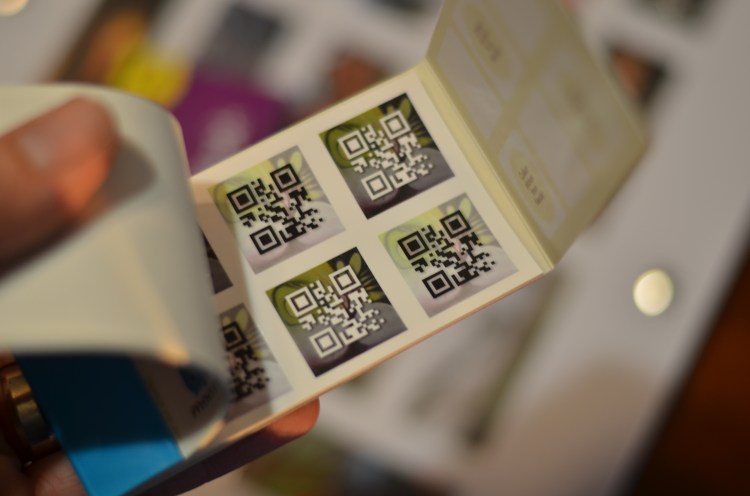China issued the draft of a new law that will legalize payment through QR codes last week, ending a two-year ban on the technology. For most of those living China-side, it’s a colossal surprise to learn that the technology was banned in the first place, as every merchant from 7/11 to the local coffee vendor seems to be using QR codes unhindered.
China’s central bank issued a law in March 2014 to stop payments made by scanning QR codes with mobile devices. China’s “virtual credit cards,” which also use QR codes, were also banned at the time, due to security concerns. The regulations came into play just days after Tencent’s WeChat Payment and Alibaba’s Alipay released their virtual credit card services.
While authorities cited security concerns as the reason for the ban, critics believe the government was not acting impartially. State-backed China UnionPay is losing a huge amount in transaction fees to mobile payment transactions made through QR codes, as customers are shifting to more convenient third-party platforms like Alipay and WeChat Payment. The regulation was widely considered a protective countermeasure to help the state-controlled bankcard association.
Like many other industries in the region, such as car-hailing and game consoles, the QR payment sector has thrived despite being in a regulatory gray zone. It’s interesting to note that the government implemented the ban loosely enough to allow monumental growth in the sector. QR codes have yet to take off in Western markets, but they are ubiquitous in China, used across all major platforms in ecommerce, ride-hailing, and even peer-to-peer payments.
June 5th: The AI Audit in NYC
Join us next week in NYC to engage with top executive leaders, delving into strategies for auditing AI models to ensure fairness, optimal performance, and ethical compliance across diverse organizations. Secure your attendance for this exclusive invite-only event.
Widespread adoption and technological advances have led to increased pressure for the legalization of QR technology. A number of commercial banks are even jumping on the bandwagon. State-backed Industry and Commercial Bank of China just released a feature this month to facilitate mobile payment. China UnionPay is also developing its own QR code payment service in an attempt to regain lost ground.
It unclear when the rule will take effect, and the current draft is still soliciting public opinions.
This story originally appeared on TechNode. Copyright 2016


